22.05.2025
EXAM ANXIETY
EXAM ANXIETY
20.05.2025STUDY TIPS
14.05.2025KHAN ACADEMY
Lesson 3. You are smarter than you thinkMultiple intelligences refers to a theory describing the different ways students learn and acquire information. These multiple intelligences range from the use of words, numbers, pictures and music, to the importance of social interactions, introspection, physical movement and being in tune with nature.
02.05.2025
25.04.2025
Lesson 8. A message through time14 April 2025The Future of Communication
Lesson 6. Mobile Phones - Wolves in Sheep's Clothing?MOBILE PHONES: PROS AND CONS
07.04.2025RELATIVE CLAUSES (Придаточные определительные)Practise your grammar. PRESS HERE
03.04.2025
20.05.2025
STUDY TIPS
14.05.2025
KHAN ACADEMY
Lesson 3. You are smarter than you think
Multiple intelligences refers to a theory describing the different ways students learn and acquire information. These multiple intelligences range from the use of words, numbers, pictures and music, to the importance of social interactions, introspection, physical movement and being in tune with nature.
02.05.2025
25.04.2025
Lesson 8. A message through time
14 April 2025
The Future of Communication
Lesson 6. Mobile Phones - Wolves in Sheep's Clothing?
MOBILE PHONES: PROS AND CONS
07.04.2025
RELATIVE CLAUSES (Придаточные определительные)
Practise your grammar. PRESS HERE
03.04.2025
Lesson 1. Great Ideas from Great Minds
17.03.2025Fun things to do in Belarus
14.03.2025Fun things to do in London
11.03.2025THATMuse Treasure Hunt At the Museum
07.03.2025TYPES OF INFINITIVE
04.03.2025The Globe Theatre
All the world's a stage,And all the men and women are merely players,They have their exits and their entrances,And one man in his time plays many parts. W.Shakespeare
28 February 2025EVOLUTION OF ENTERTAINMET
25 February 2025SCRAPBOOKING
17.03.2025
Fun things to do in Belarus
14.03.2025
Fun things to do in London
11.03.2025
THATMuse
Treasure Hunt At the Museum
07.03.2025
TYPES OF INFINITIVE
04.03.2025
The Globe Theatre
All the world's a stage,
And all the men and women are merely players,
They have their exits and their entrances,
And one man in his time plays many parts.
W.Shakespeare
17 February 2025
Presentation "Unusual Hobbies"
7 February 2025
The World of Hobbies
3 February 2025
Vocabulary Revision
PRESENTATION on Unit 5
30.01.2025SURVIVALISM
30.01.2025
SURVIVALISM
WEATHER PHENOMENA
Watch the video "Weather phenomena" and write down the names of the weather phenomena
Which of the weather phenomena impressed you most of all? Why?
Which of the weather phenomena impressed you most of all? Why?
24.01.2025
20 January 2025
9 January 2024
UNIT 5 "WHETHER THE WEATHER"Lesson 1 "Weather from A to Z"
23 December 2024Christmas is coming!
C
14 December 2024To follow or not to follow fashion?
23 December 2024
Christmas is coming!
C
14 December 2024
To follow or not to follow fashion?
9 December 2024(the)OTHER/ ANOTHER/(the)OTHERS
5 December 2024
FASHION
WORDWALL "CLOTHES": CHOOSE THE CARD. WHAT ITEMS OF CLOTHES CAN YOU SEE IN THE PICTURES AND DESCRIBE IT USING AT LEAT 2 ADJECTIVES
WORDWALL "CLOTHES": CHOOSE THE CARD. WHAT ITEMS OF CLOTHES CAN YOU SEE IN THE PICTURES AND DESCRIBE IT USING AT LEAT 2 ADJECTIVES
25 November 2025
Making a Poster "Healthy Lifestyle"
19 November 2024
How to reduce the spreading of infection?
16 November 2024No Smoking!
11 November 2024
Adverbs: degrees of comparison
4 November 2024Healthy Lifestyle
21 October 2024Project "A HELPFUL HAND"
9 October 2024
7 October 2024
4 October 2024
2 October 2024Lesson 1. You can count on me
27 September 2024
26 September 2024FATHER'S DAY
26 September 2024
FATHER'S DAY
20 September 2024
FAMILIES OF THE FUTURE
PAST TENSES REVISION
FAMILIES OF THE FUTURE
PAST TENSES REVISION
16 September 2024
The Black Sheep of the Family
11 September 2024
PAST TENSES REVISION
PAST TENSES REVISION
GENERATION GAP
GENERATION GAP
6 September 2024
3 September 2024
06.05.2024Lesson 3. You are smarter than you thinkMultiple intelligences refers to a theory describing the different ways students learn and acquire information. These multiple intelligences range from the use of words, numbers, pictures and music, to the importance of social interactions, introspection, physical movement and being in tune with nature.
03.04.2024Practise your grammar. PRESS HERE
02.04.2024
06.05.2024
Lesson 3. You are smarter than you think
Multiple intelligences refers to a theory describing the different ways students learn and acquire information. These multiple intelligences range from the use of words, numbers, pictures and music, to the importance of social interactions, introspection, physical movement and being in tune with nature.
03.04.2024
Practise your grammar. PRESS HERE
02.04.2024
UNIT 9. MEANS OF COMMUNICATION
Lesson 2. Communication is the process by which...
1. Study the list of the words, page 37 and copy them into your vocabulary. Learn the words.
2. Ex. 1, p. 38. Read the limerick and fill in the gaps.Listen and check. What was Brett's favourite means of communication? PRESS HERE3. Ex. 2, p. 38. Answer the questions and complete the rule.Revise the rule about RELATIVE CLAUSES. PRESS HERE4. Practise your grammar. PRESS HERETake a photo of your work and send it to your teacher.
5. Ex. 3a, p. 39. Look at the pictures and tell how you communicate with relatives/ friends/ teachers.
6. Ex. 3b,c, p. 40. Read the article and choose the best title for it. Which of the ways of communication in the pictures does the article tell us about?
7. Match.
8. Ex. 5, p. 41. Use the article and answer the questions. Make a recording and send it to your teacher.
18 March 2024 Fun things to do in Belarus
15 February 2024
12 February 2024Leasure time with your family
22.01.2024
1. Study the list of the words, page 37 and copy them into your vocabulary. Learn the words.
2. Ex. 1, p. 38. Read the limerick and fill in the gaps.
Listen and check. What was Brett's favourite means of communication? PRESS HERE
3. Ex. 2, p. 38. Answer the questions and complete the rule.
Revise the rule about RELATIVE CLAUSES. PRESS HERE
4. Practise your grammar. PRESS HERE
Take a photo of your work and send it to your teacher.5. Ex. 3a, p. 39. Look at the pictures and tell how you communicate with relatives/ friends/ teachers.
6. Ex. 3b,c, p. 40. Read the article and choose the best title for it. Which of the ways of communication in the pictures does the article tell us about?
7. Match.
8. Ex. 5, p. 41. Use the article and answer the questions. Make a recording and send it to your teacher.
18 March 2024
Fun things to do in Belarus
15 February 2024
12 February 2024
Leasure time with your family
22.01.2024
21 December 2023
21 December 2023
10.12.2023
CHRISTMAS IS COMING!
CHRISTMAS IS COMING!
28 November 2023Making a Poster "Healthy Lifestyle"
25 October 2023
24 October 2023Project "A HELPFUL HAND"
18 October 2023CAN YOU HEAL A BROKEN HEART?
13 October 2023POSSESSIVE PRONOUNSExercise 1 (max -6) Exercise 2 (max - 8) Exercise 3 (max - 10)
12 October 2023Exercise 1 (orders)Test yourself (revision)
Exercise 1 (orders)
Test yourself (revision)
Do the test (questions and ordres)! PRESS HERE
6 October 2023
3 October 2023
19 September 2023
19 September 2023
The Black Sheep of the Family
22.05.2023
EXAM ANXIETY
03.04.2023
EXAM ANXIETY
03.04.2023
UNIT 9. MEANS OF COMMUNICATION
Lesson 1. Great Ideas from Great Minds
1. Study the list of the words, page 96 and copy them into your vocabulary. Learn the words.2. Ex. 1, p. 96. Answer the question: What do you think the greatest inventions of the humanity are? Make the list of these investions.
3. Ex. 2a, p. 96. Read the rule on the use of the definite article. Explain the use of articles in the sentence.Ex. 2b, p. 96. Put the words into 3 categories according to the rule. Ex. 3, p. 97. Look through the time line of some great ideas and decide which 3 inventions are the most important. Explain why.Example: I think the weel is an important invention, because...4. Ex. 3a, p. 36. You can find the missing inventions in the pictures (ex.2d). Match them with the years.Ex. 3b, p. 36. Match the definitions with the missing inventions. What do they have in common?5. Vocabulary practice.
1. Study the list of the words, page 96 and copy them into your vocabulary. Learn the words.
2. Ex. 1, p. 96. Answer the question: What do you think the greatest inventions of the humanity are? Make the list of these investions.
3. Ex. 2a, p. 96. Read the rule on the use of the definite article. Explain the use of articles in the sentence.
3. Ex. 2a, p. 96. Read the rule on the use of the definite article. Explain the use of articles in the sentence.
Ex. 2b, p. 96. Put the words into 3 categories according to the rule.
Ex. 3, p. 97. Look through the time line of some great ideas and decide which 3 inventions are the most important. Explain why.
Example: I think the weel is an important invention, because...
4. Ex. 3a, p. 36. You can find the missing inventions in the pictures (ex.2d). Match them with the years.
Ex. 3b, p. 36. Match the definitions with the missing inventions. What do they have in common?
5. Vocabulary practice.
6. Ex. 6b, p. 99. Answer the questions. Make a recording and send it to your teacher.
24.03.2023TOP 10 MUSEUMS IN THE WORLD
23.03.2023
20.03.2023A MUSEUM REVIEW
17.02.2023MY FAVOURITE HOBBY
03.02.2023LEISURE TIME
24.01.2023
6. Ex. 6b, p. 99. Answer the questions. Make a recording and send it to your teacher.
24.03.2023
TOP 10 MUSEUMS IN THE WORLD
23.03.2023
20.03.2023
A MUSEUM REVIEW
17.02.2023
MY FAVOURITE HOBBY
03.02.2023
LEISURE TIME
24.01.2023
27 November 2022Making a Poster "Healthy Lifestyle"
28 October 2022HALLOWEEN
24 October 2022Project "A HELPFUL HAND"
19 October 2022REPORTED SPEECH (revision)
23 September 2022
27.05.2020
27 November 2022
MASTERING ENGLISH AND BEING TUNED
Материалы к уроку взяты с сайта http://englishkettle.ru
There are loads of various tunes for all states of mind and moments of life. Why do some people feel quite indifferent and neutral to music while the others can’t imagine a day without joining in their favourite melodies?
Songs in English is a never ending source of new vocabulary, phrases and ideas for those who learn the language.
What are the main reasons for this method? We can notice that songs:
– are good for our mind and improve our mental activity;
– help us to hear Real language – everyday language, colloquial speech;
– let us get familiar to the sound of English;
– help us to remember grammar patterns;
– are emotional and influence our mood;
– are quite an easy way of learning.
Let’s try!
Listen to the song and choose the words you hear:
There is a great resource for those who want to try learning English with songs – LyricsTraining !!!
You choose a track and type in the missing words – there are three levels of difficulty.
Could find your favourite tracks? And what’s your score?
26.05.2020
LESSON 8. EXAM NERVES
Revise the rules about TENSES
and do the TEST! PRESS HERE

1. Make as many words out of the word ‘EXAMINATIONS’ as possible.
and do the TEST! PRESS HERE

1. Make as many words out of the word ‘EXAMINATIONS’ as possible.
- What is the difference between a test and an exam?
- How many tests do you usually have during a term?
- Have you ever had exams?
- When do you think exams begin: when the examiner enters the room, when you are given the exam paper or topic, when the school studies begin, when you start revising?
- How do you feel before and during an exam: stressed, excited, bothered, relieved, weird, happy, terrific, terrified, inspired, anxious?
- What does your success at the exam depend on?
2. Ex. 3 b, c, p. 187. Listen to the BBC GCSE Bitesize recording. What exam are they discussing? What side of exam preparation is described? Are the following statements true, false or not mentioned? PRESS HERE
3. Ex. 4a, p. 188. What sport are exams compared with? Do you think it’s a good comparison? Complete the script of the recording with the ‘sports’ words. Listen to the dialogue to check. Do you agree with the advice?
4. Ex. 4c, p. 189. Match the words and expressions in bold with the following definitions:
5. Ex. 4d, p. 189. Complete the questions with the words in bold. Answer the questions in ex. 4d.
25.05.2020
UNIT 13. STUDIES
LESSON 7. STUDY TIPS
Материалы к уроку взяты с сайта http://englishkettle.ru/
Материалы к уроку взяты с сайта http://englishkettle.ru/
1. Study the list of the words, page 180 and copy them into your vocabulary.
2. Ex. 1a, p.180. Read the following rhyme from Roald Dahl’s ‘Matilda’. What is it used for?
3. Ex. 1b, p.180. What do you do to remember things you have to learn?
4. Ex. 2, p. 181. If you met a real expert in studies what would you ask them? Make up three questions.
5. Ex. 3, p. 181-183. Read the study tips from students’ forum. Are there any tips that answer your questions?
6. Ex. 4a, p. 184. Match the words in bold from ex. 3a with their definitions:
7. Ex. 4b, p. 184. Complete the questions with the words from ex. 3a. In some sentences you will have to use forms of the words.
8. Ex. 5a, b, p.185-186. Which of the tips you are going to use in your studies? Why?
9. Explain the words of Kung Fu Tzu (Confucius) using the tips as examples:
What I hear, I forget.
What I see, I remember.
What I do, I understand.
Do you agree with the ancient thinker?
10. For more information:
22.05.2020
UNIT 13. STUDIES
LESSON 1. STUDYING FOR PLEASURE
1. Study the list of the words, page 152.
Copy them into your vocabulary. Learn them.
2. Ex. 1a, page 152. Which of the words in the
box refer to studies?
Ex. 1c, page 152. Write a definition for the word studies.
Ex. 1d, page 152. In what meaning is the word
study used in the sentences?
3. Ex. 2a, page 152-153. Use the verbs to learn
and to know in the sentences below.
Ex. 2b, page 153. Fill in the two verbs. Change the form of the verbs if necessary.
4.Ex. 3a, b, page 153-155.Answer the questions.
- When do people learn more facts: at university or during the first five years of their life?
- Which part of the brain learns faster: logical or creative?
Read the introduction to the book Students’ Steps to Success. Check your guesses. Do you agree with the ideas? What do you think
people need to cope with stress?
5. Ex. 3d, page155. Match the words in bold from the text with their definitions.
PRESS HERE
6. Ex. 3a, b, page 153-155 Complete the questions below with the words from ex. 3b. Be careful with the grammar form you use. Answer the questions.
PRESS HERE
6. Ex. 3a, b, page 153-155 Complete the questions below with the words from ex. 3b. Be careful with the grammar form you use. Answer the questions.
7. Remember the rule about other/ another
8. Do the test! PRESS HERE
21.05.2020
2. Do the test! PRESS HERE
3. Ex. 1, page 60-61. Read the predictions. Which of them was the most stupid?4. Ex. 2a, page 61. Match the beginnings and endings.
Ex. 2c, page 62. Put the sentences in a logical order to make an article.
Ex. 2d, page 62. Listen and check.
PRESS HERE
5. Ex. 3a, page 62-63. What predictions can you make about how we will communicate globally in the future? Read the predictions. Which of them do you agree with most?
20.05.2020
UNIT 9. MEANS OF COMMUNICATION
Lesson 7. Mobile phones - wolves in sheep's clothing?
1. Remember the rule about Reported Speech.
2. Do the test on Reported Speech.
3. Study the new words, page 56 and copy them into your vocabulary. Learn the words.
4. Ex. 2a, page 56. Read 3 texts about mobile phones and answer the questions:
- Who wrote each of them: a teenager/ a scientist/ a parent?
- Are they about advantages or disadvantages of mobile phone?
- Whose opinion do you agree with?
5. Ex. 3a, page 59. Choose the correct definition for each word in bold in the article.
6. Ex. 4, page 60. Answer the questions. You may write down the answers or make a recording. Send a photo or a recording to the teacher.
19.05.2020
UNIT 9. MEANS OF COMMUNICATION
Lesson 6. The era of mobile phones
1. Study the list of the words, page 53 and copy them into your vocabulary. Learn the words.
2. Ex. 1, page 53. Make the list of advantages and disadvantages of mobile phones.
3. Ex. 2a, page 54. Listen to the story told by an adult. What was unusual about the mobile phone conversation he heard?
4. Ex. 2b, page 54. Read and translate the sentences from the story.
5. Do the crossword.
6. Ex. 3, page 55. Listen again and say if the sentences are true or false.
6. Ex. 3, page 55. Listen again and say if the sentences are true or false.
7. Ex. 5, page 56. Write the answers to the questions. Take a photo of your work and send it to your teacher.
18.05.2020
UNIT 9. MEANS OF COMMUNICATION
Lesson 5. Are you addicted to the Internet?
1. Study the list of the words and copy them into your vocabulary: gadget, addict, addicted, addiction, digital, instant, insomnia, spam, search engine, download, upload, access, accessible. Learn the words.
2. Ex. 1, p. 49. Read the joke. Do you agree with the arguments?
3. Watch the video lesson "What is the Internet?" and do the tasks:
a) True or False (send a photo with the result to your teacher);
b) Make the table with 2 columns: 1) pros, 2) cons of the Internet.
4. Read the text "Internet" and complete your table with new information. PRESS HERE
5. Ex. 5a, p. 53. Read the advice to Internet addicts. Which is the best piece of advice?
6. Tell about pros and cons of the Internet. Сделай видеозапись и пришли учителю.
15.05.2020
UNIT 9. MEANS OF COMMUNICATION
Lesson 4. Television and Teenagers - Friends or Foes?
1. Study the list of the words, page 45 and copy them into your vocabulary. Learn the words.
3. Ex. 1, p. 45. Listen to the joke. What is TV for you: entertainment or punishnent?
2. Practise your vocabulary.
3. Ex. 1, p. 45. Listen to the joke. What is TV for you: entertainment or punishnent?
4. Ex. 2a, p. 45.Read the introduction to the magazine article about the role of TV. Do you agree with the opinion of the author?
5. Ex. 2b, p. 46-47. Read about advantages and disadvantages of TV.
Make the table with 2 columns:
1) ADVANTAGES
2) DISADVATAGES.
Fill in the table using the information from the texts.
Send a photo of your table to the teacher.
6. Tell about the main advantages and disadvantages of TV. Сделай видеозапись и пришли учителю.
Send a photo of your table to the teacher.
6. Tell about the main advantages and disadvantages of TV. Сделай видеозапись и пришли учителю.
UNIT 9. MEANS OF COMMUNICATION
Lesson 3. History of Communication
- How did cavemen communicate?
- What means of comunication did people use in the past?
- Who invented the radio?
- When and whom was the telephone invented?
2. Study the list of the words, page 42 and copy them into your vocabulary. Learn the words.
3. Ex. 2a, p. 42. Match the words and their definitions.
4. Ex. 2b,c, p. 42. Listen to the Discovery Channel programme and complete the text. PRESS HERE
5. Ex. 3, p. 44. Read the sentences from the programme . Fill in the gaps.
6. Ex. 4a, p. 44. Mark the sentences true or false.
Ex. 4b, p. 44. Listen and check ex.3 and 4. PRESS HERE
7. Ex. 5a,b, p. 45. Agree or disagree with the statements. Write your opinion about one of them (8-10 sentences). Take a photo and send it to your teacher.
5. Ex. 3, p. 44. Read the sentences from the programme . Fill in the gaps.
6. Ex. 4a, p. 44. Mark the sentences true or false.
Ex. 4b, p. 44. Listen and check ex.3 and 4. PRESS HERE
7. Ex. 5a,b, p. 45. Agree or disagree with the statements. Write your opinion about one of them (8-10 sentences). Take a photo and send it to your teacher.
11.05.2020
1. Review 12 VERB TENSES

2. Practise your grammar and report about the results (take a photo) to your teacher. PRESS HERE
3. Ex. 1a, p.147. A lot of famous actors, writers, politicians and others take part in different charity projects. What can charity project aim at? Draw a spidergram.
Ex. 1b, p.147. What kind of people need help in Belarus?
4. Ex. 1a, p.147. Read the beginning of an article from a website CancerKidz. What charity fund is it about? Who does it help?
5. Ex. 1b, p.147-150. Read ONE of the texts (boys should read text1, girls should read text 2) and answer the questions. Write down the answers in your notebooks, take a photo of your work and send it to your teacher.
08.05.2020
LESSON 5. FASHION TRADITIONS
Материалы к уроку взяты с сайта http://englishkettle.ru/
1. Ex. 1a, p 136. Look at the pictures of different traditional clothes from all over the world. Match with the words in the box. What country does each item come from?
2. Ex. 1 b, p 137-138. Read the facts about the traditional clothes from ex. 1a. Match the facts with the items of clothes. Which fact was surprising for you?
3. Look at the words in bold in ex. 1b. Match them with their synonyms below:
4. Ex. 2a, p. 138. Look at the picture of a girl. What can you say about her? What does she do? What hobbies has she got?
5. Ex. 2b, p. 138. Read the introduction to the interview with this girl. Were your ideas correct?
6. Ex. 2c, p. 138. Read the whole interview. Are the statements true or false?
7. Answer the questions. Record your report and send it to YOUR teacher.
- Have you ever tried on / seen a traditional Belarusian costume? Where? When?
- Do you think Nastya and her hobby will have a bright future?
- What part / parts of traditional Belarusian costume can become popular in other countries?
9. For more information:
07.05.2020
LESSON 4. ROMANTIC BELARUS
Материалы к уроку взяты с сайта http://englishkettle.ru/

1. Look at the picture. What occasion is illustrated in the photo? What is unusual about it?
2. Ex. 1a, p.134. Read five unusual wedding traditions and match them with one of the countries in the box.
3. Ex. 1b, p.134. Which wedding tradition from the list is the most interesting / the strangest? Do you know any other unusual traditions?
4. Ex. 2a, p. 134. Are there any traditions at the wedding ceremonies in Belarus? Make a list of wedding traditions that you’ve seen / heard / read about. Share it with your teacher.
5. Ex. 2b, p. 134. Listen to a girl who visited a wedding ceremony in Belarus. Tick the traditions she speaks about in your list. How many did you guess? PRESS HERE
Ex. 2c, p. 134. Helen was going to have a wedding soon. Look at some objects from her wedding. Which of Belarusian wedding traditions did she have?
7. Tell about wedding traditions in Belarus.
Record your answer and send it to your teacher. Сделай видеозапись и отправь учителю на вайбер.
8. For more information:

Record your answer and send it to your teacher. Сделай видеозапись и отправь учителю на вайбер.
06.05.2020
LESSON 3. SEASONAL FUN
1. Ex.1, p. 129. Every season can bring fun. Think of fun activities, festivals or traditions typical for each season in Belarus. Make a list of them.
2. Ex 2a, p. 130. Read three articles about seasonal fun in three countries: the USA, Poland and Japan. Say in which country:
1) they celebrate in spring; 2) they celebrate in autumn; 3) they celebrate in winter; 4) the festival is associated with religion; 5) the festival has more than a thousand years history; 6) people watch fireworks at the end of the festival; 7) you can see traditional dancing; 8) guests can do different winter sports; 9) the forecast helps to predict the day of the festival; 10) people eat mostly sweet things; 11) you can try different traditional dishes; 12) people eat home-made dishes; 13) people can watch actors doing traditional performance; 14) you can buy works of arts and souvenirs.
Indian Summer Festival
|
Ski Holidays That’s Right For You
|
Cherry Blossom Festival
|
3. Ex 2a, p. 130. Which of the festivals would you like to visit? Why?
4. Ex 3a,b, p. 133. Look at the phrases from “Indian Summer Festival” that you can use in your presentation. Find more useful phrases in the other two articles and write them out.
Every autumn we invite you to a spectacular festival that runs …
All our guests are welcome to join in …
Our festival is also proud to present …
If you’re coming to the festival, don’t forget to bring your appetite.
From traditional … favourites to mouth-watering modern delights, there are plenty of things to taste and enjoy!
5. Tell about one of most exciting Belarusian national festivals. Record your answer and send it to your teacher. Пришли видеозапись своего ответа учителю (папка 9"А"/9"Б" класс или на Вайбер)
For more information:
04.05.2020
NATURAL DISASTERS IN BELARUS
1. Answer the questions: What natural disasters can you name? Which of them occured in Belarus? What can people do to avoid them?
2. Ex. 3a, p. 128. Look at the words in the box. Complete the sentences from the presentation (ex.2).
3. Ex. 3a, p. 128. Answer the questions about the place you live in. Record your report and send it to YOUR teacher.
4. Study your classmates' presentation "NATURAL DISASTERS IN BELARUS". Which of the disasters impressed you most of all? Why?
04.05.2020
LESSON 2. IMPACTS OF FLOODS
1. Study the list of the words, page 126 and copy them into your vocabulary.
2. Ex. 1a, p. 126. Answer the questions.
Ex. 1b, 1c, p. 126. Look at the pictures. Where in Belarus do you think these rivers are? Turn to page 190 check your answers.
3. Ex. 2a,2b, p. 127. Listen to 2 children making a presentation for their English class. How do Belarusian rivers and lakes influence the weather of the country? What is the weather circle?
PRESS HERE
Ex. 1b, 1c, p. 126. Look at the pictures. Where in Belarus do you think these rivers are? Turn to page 190 check your answers.
3. Ex. 2a,2b, p. 127. Listen to 2 children making a presentation for their English class. How do Belarusian rivers and lakes influence the weather of the country? What is the weather circle?
PRESS HERE
4. Ex. 2c, 2d, p. 127-128. Listen to the second part of the presentation . What dangers does water bring in Belarus?
Are the sentences true or false?
PRESS HERE
5. Ex. 3a, 3b, p. 128. Complete the sentences from the presentation.
Listen to the presentation again and check your answers.
PRESS HERE
Are the sentences true or false?
PRESS HERE
5. Ex. 3a, 3b, p. 128. Complete the sentences from the presentation.
Listen to the presentation again and check your answers.
PRESS HERE
UNIT 12. BELARUS AND ROUND THE WORLD.
LESSON 1. BELARUS UNDER THE WEATHER
1. Study the list of the words, page 123 and copy them into your vocabulary.
2. Ex. 1, p. 123. Look at the words in the box and answer the question: Which of these weather phenomena can you see in Belarus in winter, spring, summer, autumn?
2. Ex. 1, p. 123. Look at the words in the box and answer the question: Which of these weather phenomena can you see in Belarus in winter, spring, summer, autumn?
3. Ex. 2, p. 124. Read four descriptions of seasons in Belarus from a website for tourists. Is all the information accurate there?
4. Ex. 3a, p. 125 – match the words in bold from the text (ex. 2) with their definitions.
5. Ex. 3b, p. 126 – complete the questions with the words from
ex.2
Ex. 3c, p. 126 – answer these questions.
6. Ex. 4, p. 126 – tell about your favourite season
30.04.2020
LESSON 7. IF YOU DON’T LIKE THE WEATHER, WAIT A MINUTE
1. Study the list of the words, page 117 and copy them into your vocabulary.
2. Ex. 1 a,b, p. 117. Look at the pictures. What can you see? What do they have in common? Do you ever wear them?
3. Ex. 2 a,b, p. 118. Read quickly a short article below. Are there any facts that surprise you? Complete the last phrase with your ideas.
For more information:
4. Ex. 3 a, p. 118. Listen to an interview of The Traveller’s Magazine with one of UK meteorologists and weather forecasters Simon King. Check your answers in ex. 2b. PRESS HERE
Ex. 3 b, p. 118. Listen again. Are these sentences true or false?
5. Ex.4, p. 119. Answer the questions.
6. Imagine that you’ve just come back from the UK. Write a mini article for your local newspaper “British Weather: Myth or Reality?”
29.04.2020
LESSON 6. AMAZING WEATHER
Материалы к уроку взяты с сайта http://englishkettle.ru/1. Look at the picture. What is the weather like? What emotions does this picture make you feel?
2. Listen to the poem. How does the poem make you feel?
PRESS HERE
3. Ex 2a,b, p. 114. Answer the questions. How many questions could you answer? Which facts from the quiz were surprising for you? Have you ever heard of any unusual weather phenomena?
Listen and check your answers. PRESS HERE
4. Ex 3b, p. 115-116. Read the information about EACH of these phenomena.
Answer the questions:
-Why/ When/Where does it usually occur?
-What does it look like?
-What is the most famous example?
5. Watch the video "Weather phenomena"
Which of the weather phenomena impressed you most of all? Why?
6. Grammar: Modals of Deduction
PRESS HERE
7. Practise your grammar.
TASK 1
TASK 2
25.04.2020
Lesson 5. WEATHER LORE
Do you know any weather sayings? How can people predict the weather?
2. Ex.1a, page 110 - read the text and answer the question: Why was the man at National Weather Service absolutely sure about the winter forecast? (orally)
3. Ex.1b, page 111 - listen and check your ideas PRESS HERE
4. Ex.2a, page 111 - complete each belief with one rhyming word from the box.
Learn 3-4 sayings by heart.
5. Ex. 3, page 112-113 - listen to a radio programme and answer the questions:
- Which of the weather beliefs from ex.2a are mentioned?
- What ways of predicting weather are mentioned in the programme? (make a recording of your answer and send it to me)
PRESS HERE
6. Ex.4a, page 113 - study the list of the words with the prefix over-. What is its meaning?
7. Fill in the table. PRESS HERE
You should send me the photos of your works till 15.00
GOOD LUCK!
24.04.2020
1. Ex.1a, page 106 - look at the picture. Why is the boy wearing only one glove? Have you got any funny ideas?
Ex.1b, page 106 - listen to a popular joke and check your ideas. PRESS HERE
2. Ex.2, page 107 - answer the questions (orally)
3. Ex.3, page 107 - look at the pictures and answer: What do the symbols mean?
4. Ex.4a, page 107 - look at the two maps; listen to a weather forecast for Britain for the next day. Which map is described? PRESS HERE
Ex.4b, page 107 - listen again and answer the questions (do the task in writing!)
5. Study the rule about FOR, SINCE (meaning BECAUSE). PRESS HERE
6. Ex. 5a, page 108 - read and translate the sentences with SINCE, FOR
7. Ex.6, page 109 - make up sentences for the weather forecast (orally)
8. Ex.6, page 109 - look at the online weather forecast for the weekend; use it to prepare a weather report for TV weather programme. Use HELP BOX at page 109. Present your weather report, make the recording.
(Запишите на диктофон ваш прогноз погоды в Беларуси на выходные и пришлите мне запись до 15.00)
GOOD LUCK!
23.04.2020
Lesson 3 "It's the weather that is inavitable"
2. Watch the video about NEGATIVE PREFIXES. PRESS HERE
3. Do the test. PRESS HERE
GOOD LUCK!
22.04.2020
Lesson 3 "It's the weather that is inavitable"
2. Ex.1a, page 102- listen and read the tongue twister as quickly as you can. PRESS HERE
Ex.1b, page 102-103 - match (orally)
EX.1c, page 103 - answer: What is the idea of this tongue twister? (orally)
Запишите на диктофон ваше прочтение скороговорки и пришлите мне запись
3. Do ex. 2a,2b, page 103 - listen and answer the questions (orally); listen again and number the climate zones in order you hear them. PRESS HERE
4. Ex.3, page 104 - read the first text "Our Weather and Your Health" and answer: What weather conditions can affect our health? (orally)
Write down the plan of the text.
Take a photo of your work and send it to me (фото ваших работ нужно загрузить в папку "Работы 9 "А"/"Б" класса до 15.00, ссылку смотри на главной странице)
21.04.2020
Unit 11 "WHETHER THE WEATHER"Lesson 2 "It's the most wonderful time of the year"
2. Do ex. 2a, 2b, 2c, page 100-101
Listen to 4 people describing their most wonderful time of the year. PRESS HERE
Ex.2b and ex.2c - do in writing! (in your exercise books)
Задание 2с можно выполнить в сокращённом виде
3. Do ex.3, page 101 (orally)
4. Do ex. 4a,4b, page 101-102 (orally)
5. Do ex.5,page 102 in writing!
Write about a day that you really enjoyed/hated because of the weather. Use the phrases from ex.4
6. Take a photo of your work and send it to me (фото ваших работ нужно загрузить в папку "Работы 9 "А"/"Б" класса до 15.00, ссылку смотри на главной странице)
20.04.2020
UNIT 11 "WHETHER THE WEATHER"Lesson 1 "Weather from A to Z"
b) Copy the new words into your vocabulary
2. Match the words to the pictures. PRESS HERE
3. Do the crossword. PRESS HERE
Take a photo of your completed crossword and send it to me on Viber.
4. Ex.4, p.99-100 - think about the weather in your country. Write down the essay "Weather in Belarus". Answer the questions:
- What weather and which weather phenomena can you see in winter/spring/summer/autumn?
- What is the weather like today?
- Which of the weather phenomena have you seen these days?
5. Take a photo of your essay and send it to me.Сделайте фото странички со своим эссе и пришлите мне по ссылке, указанной в сообщении на главной странице блога. Не забудьте подписать работу!
GOOD LUCK!
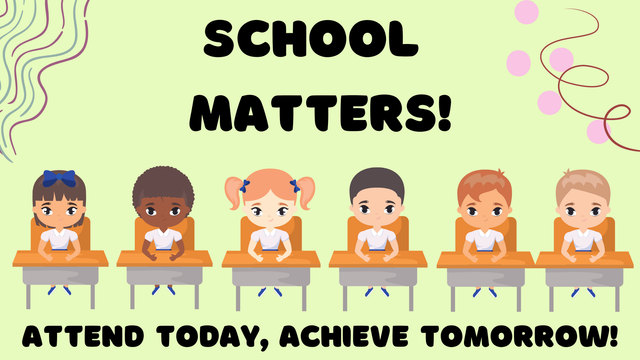
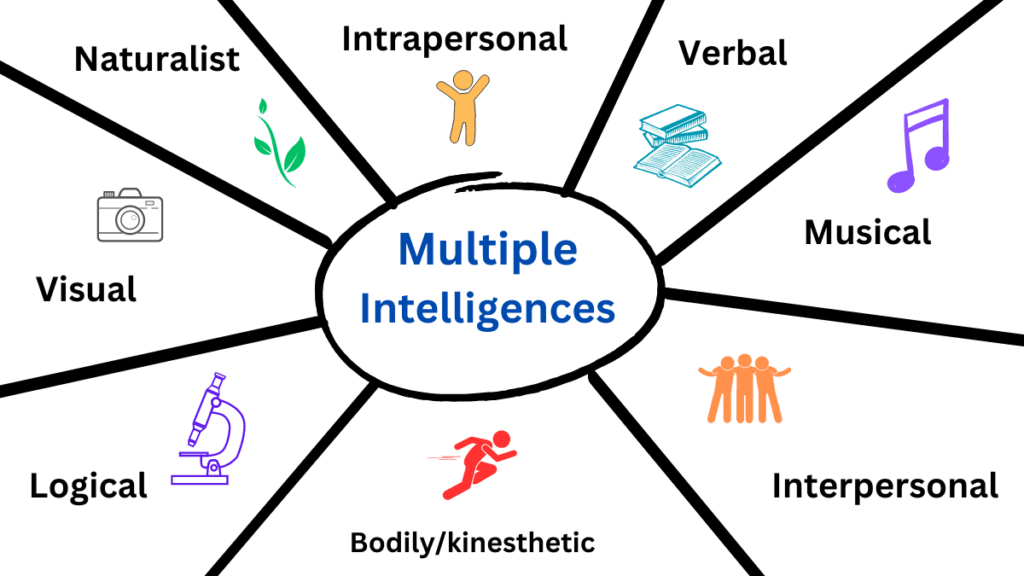


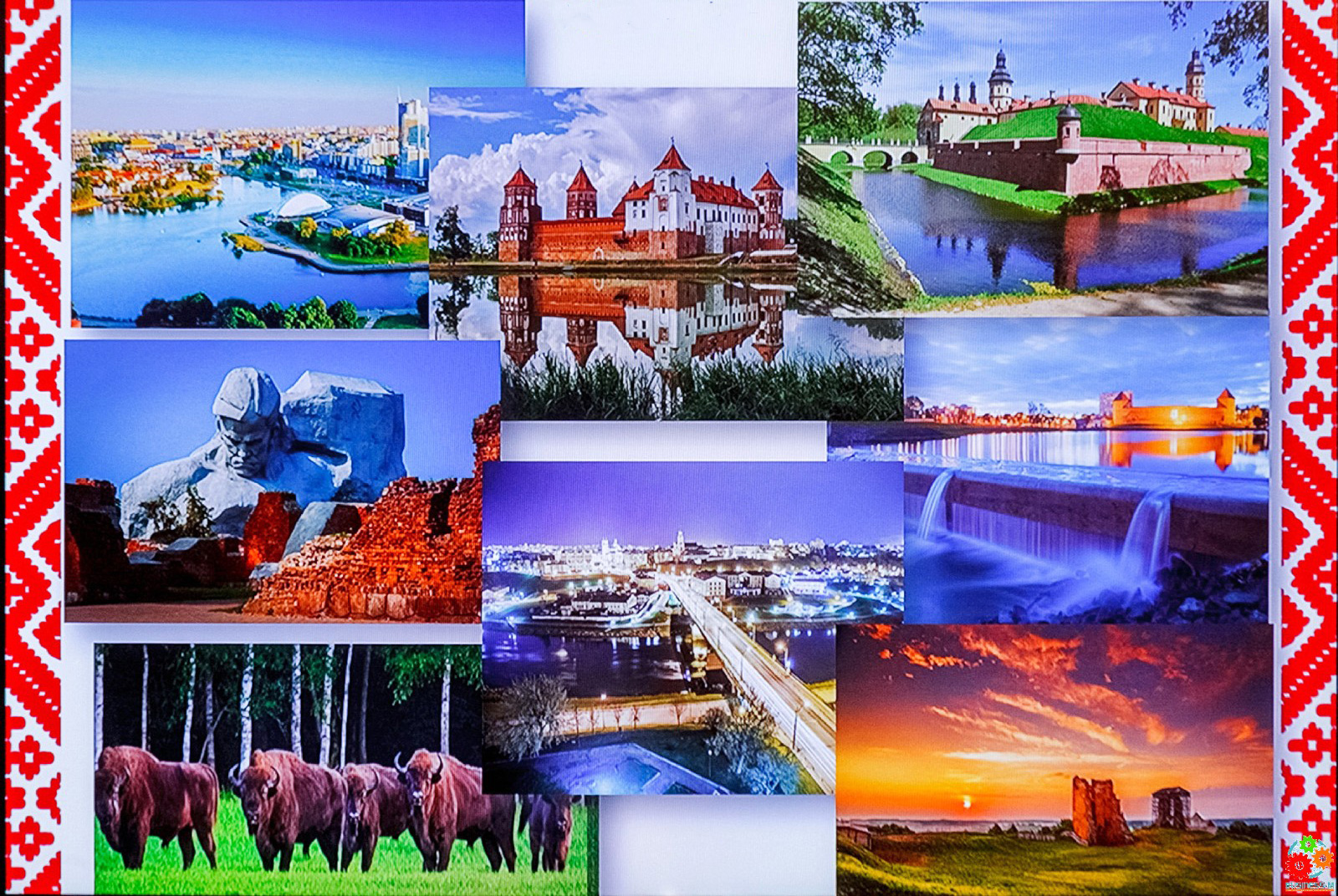
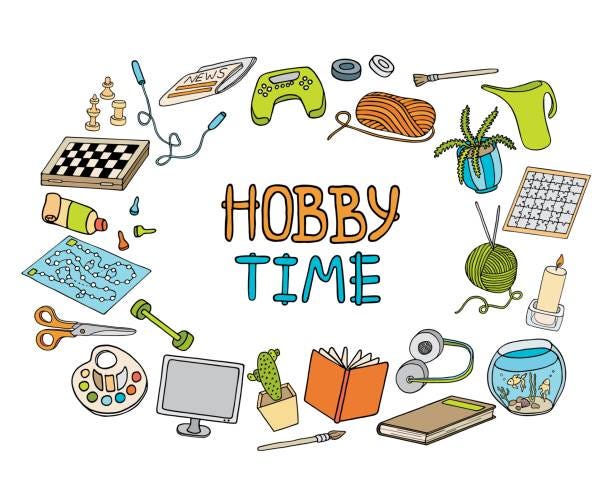
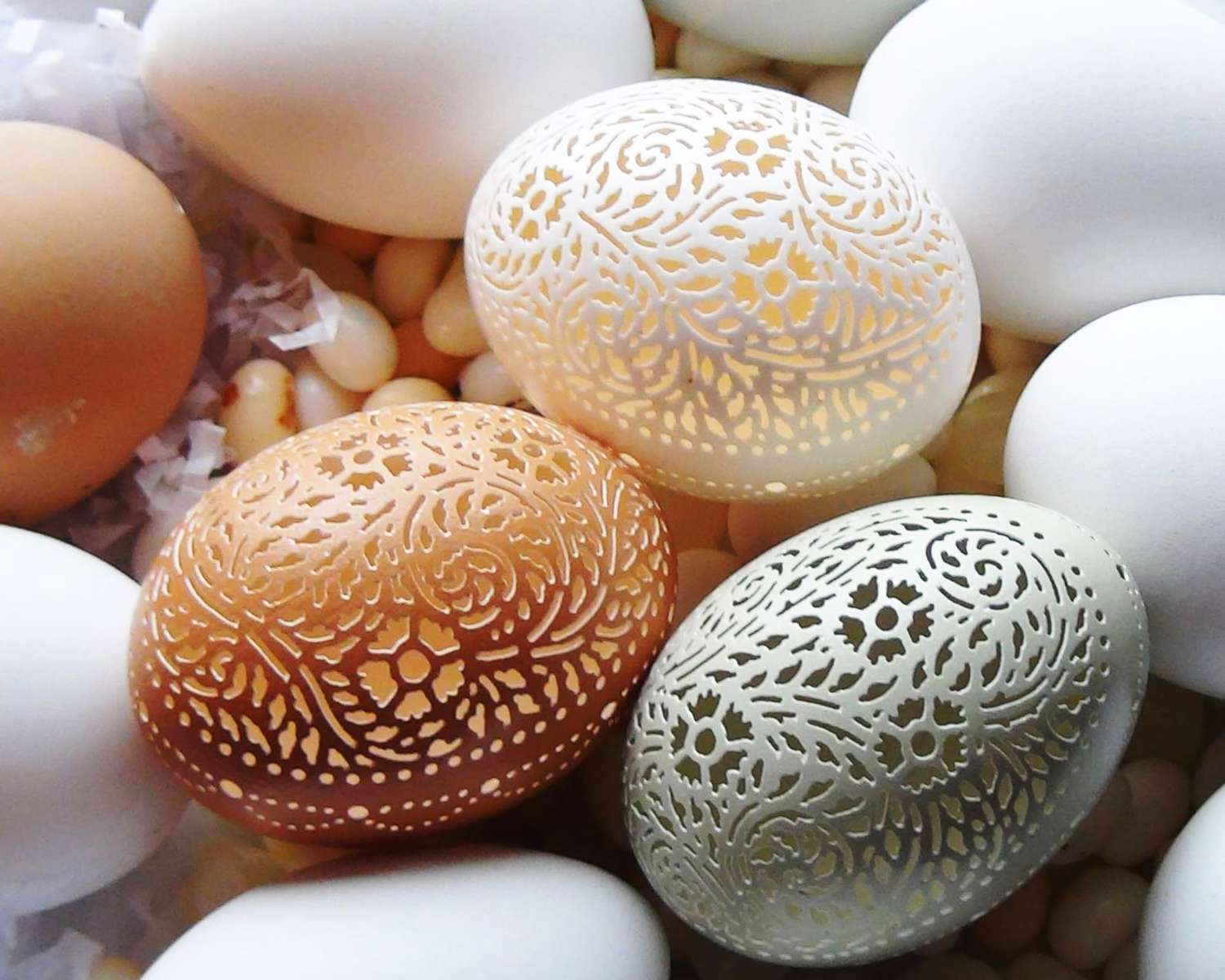
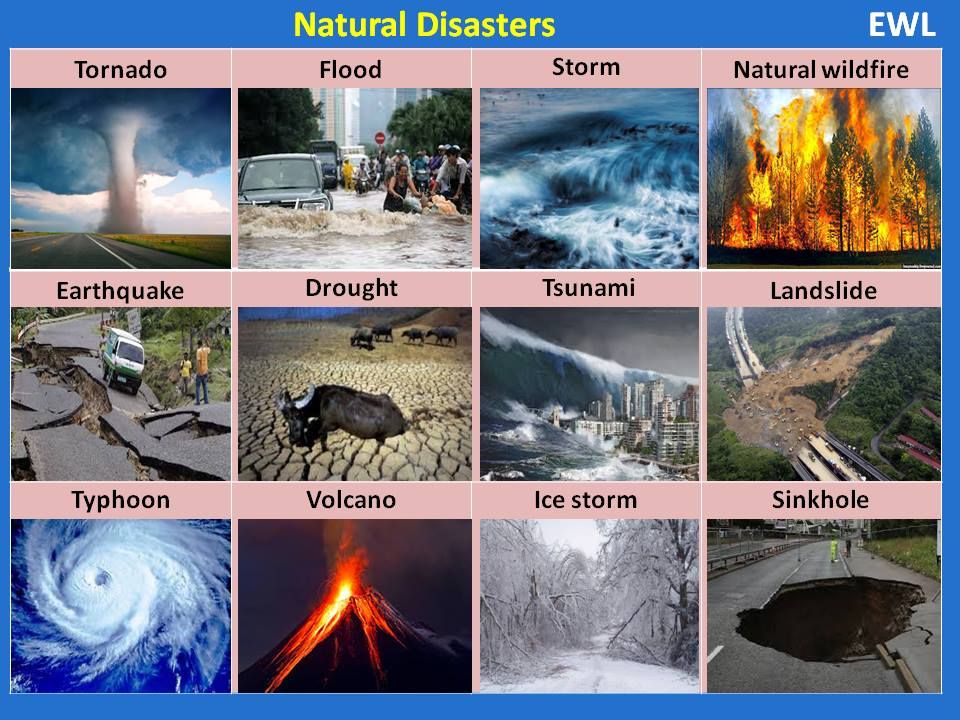
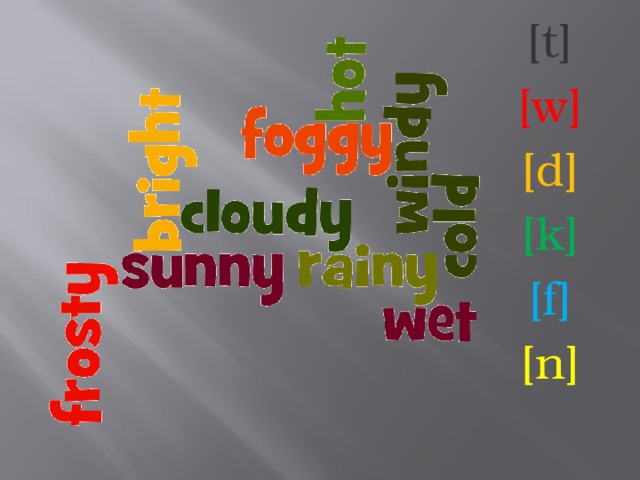
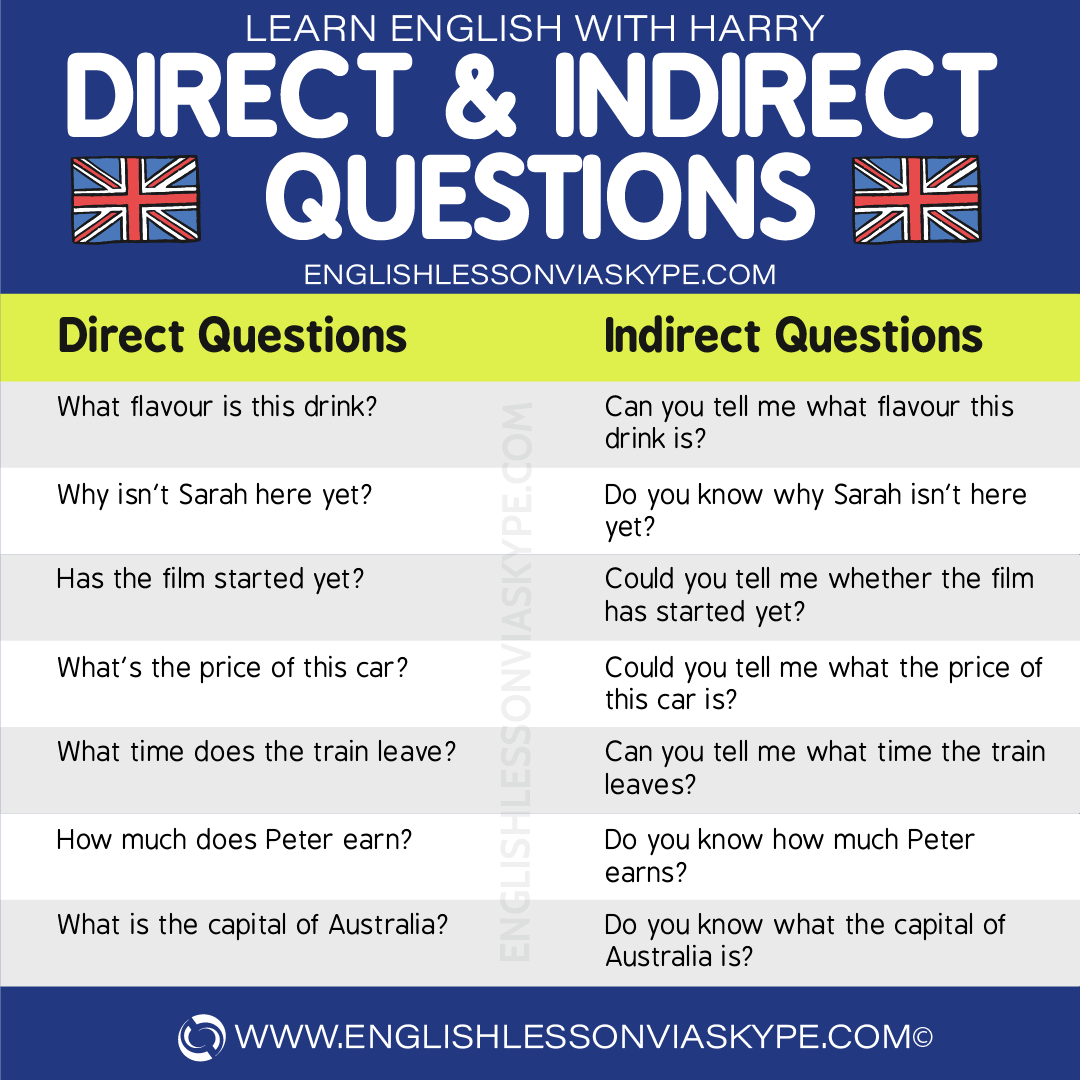
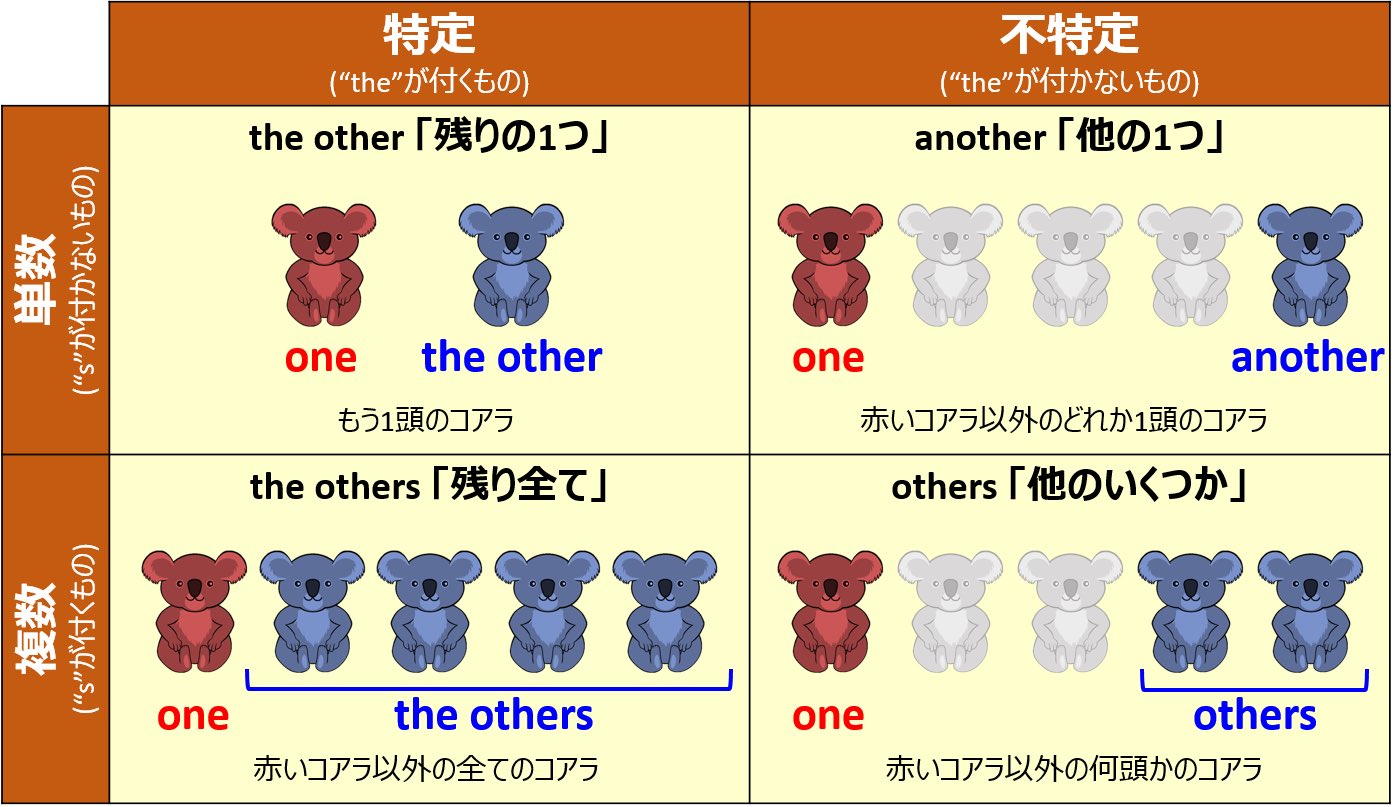







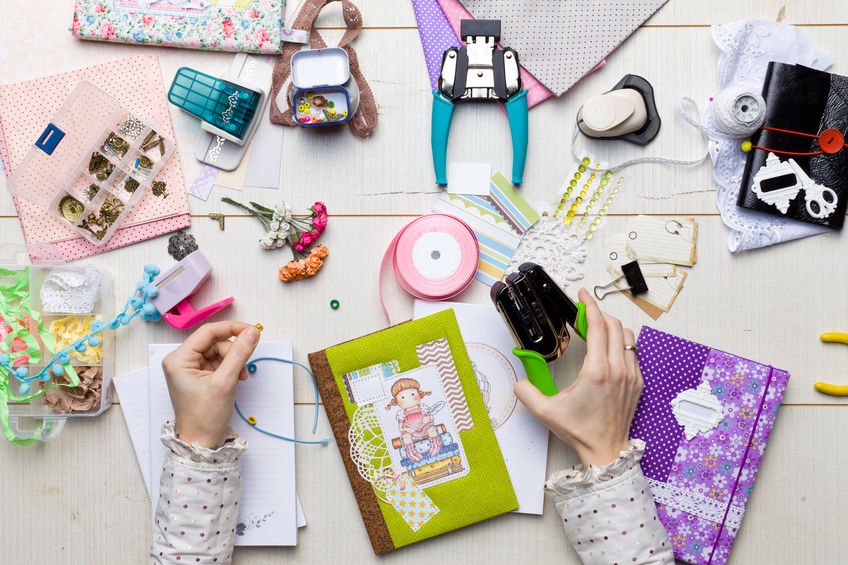
:max_bytes(150000):strip_icc()/nestat-windy-corner-egg-carving-031-684110001f13403b92054ecc2b92476a.jpg)
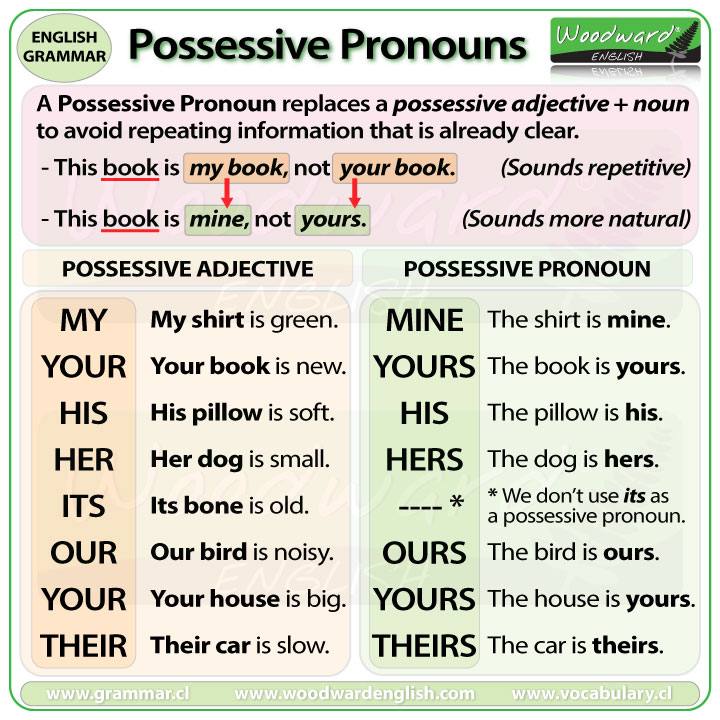











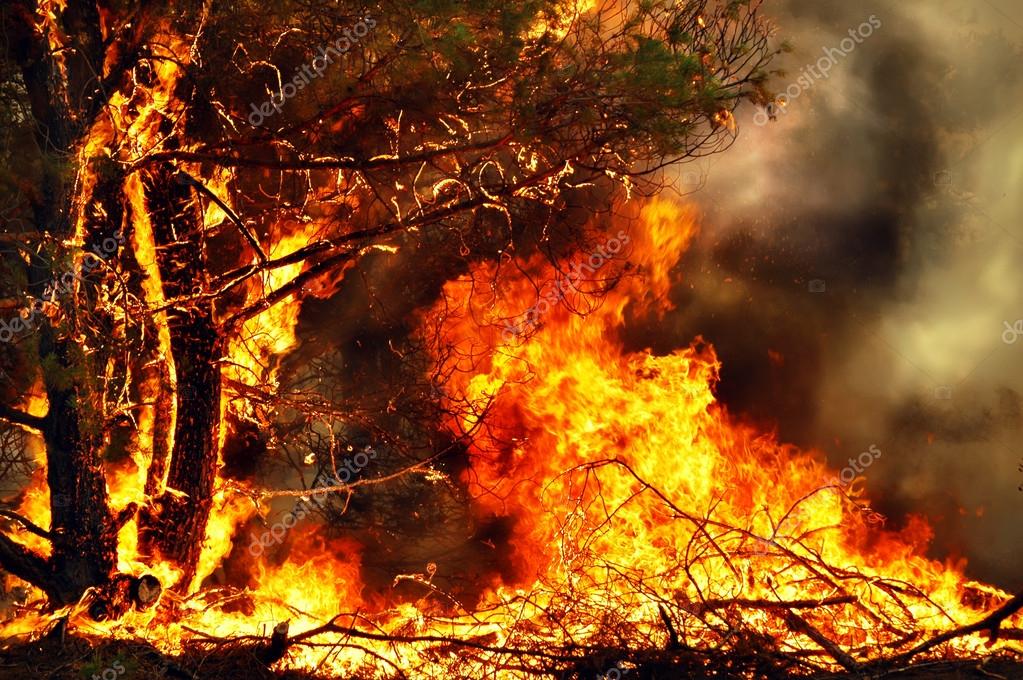
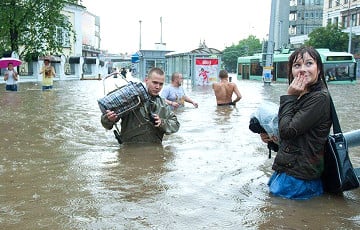


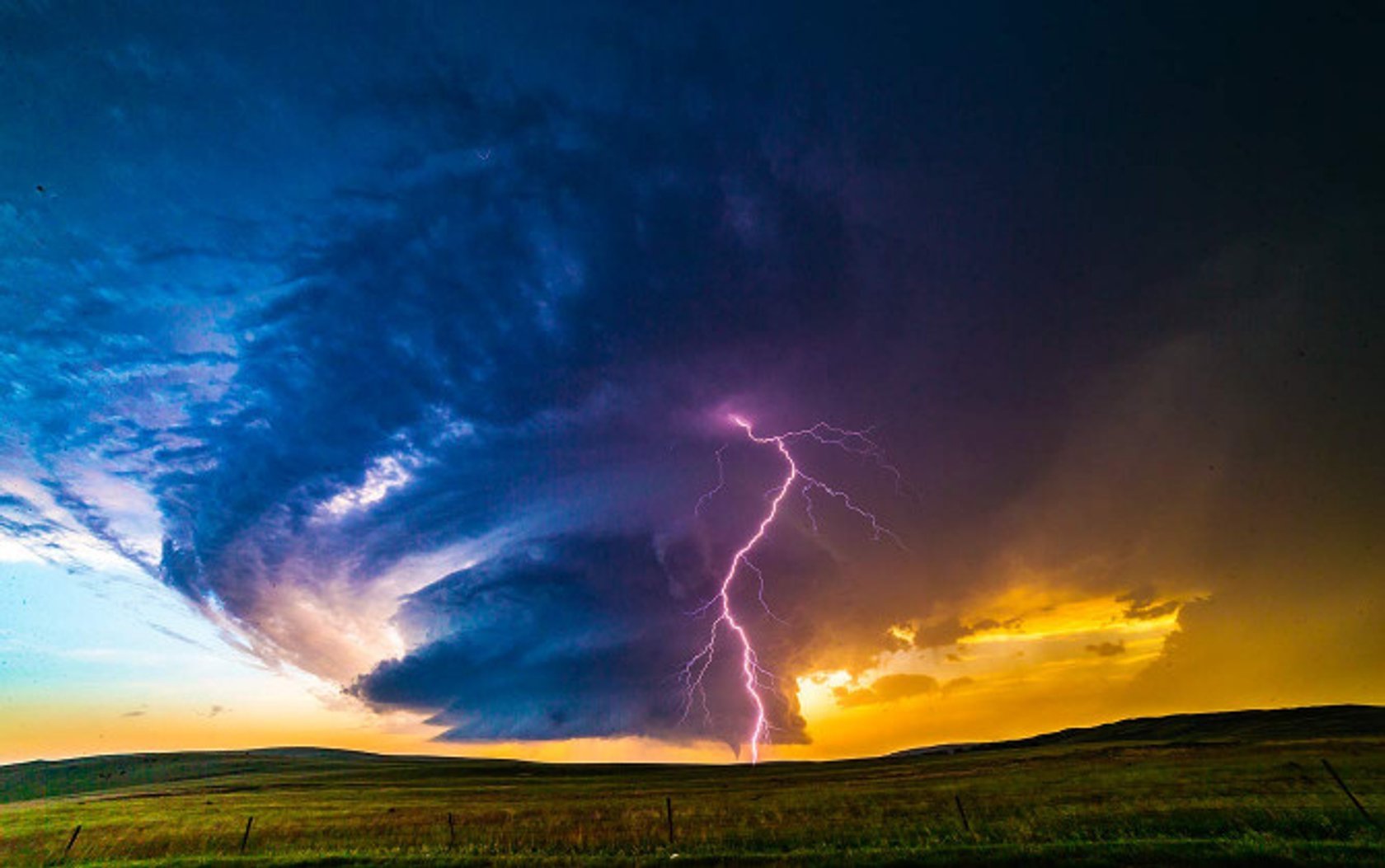

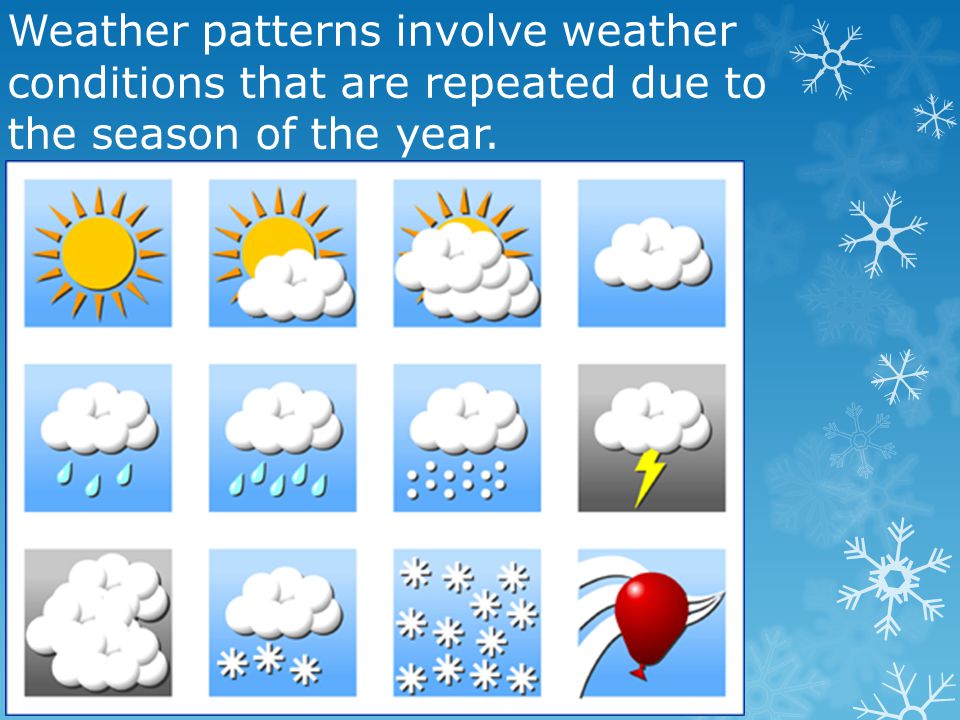



شركة تنظيف بابها
ОтветитьУдалитьشركة رش مبيدات ببيشة
شركة تنظيف منازل بابها
شركة رش مبيدات بنجران
شركة تنظيف منازل بخميس مشيط
Кроме сайта http://englishkettle.ru , рассмотрите еще блог школы https://englishpapa.by/news/- крутые и полезные статьи и видеоролики, предназначенные как для учащихся, так и преподавателей.
ОтветитьУдалить